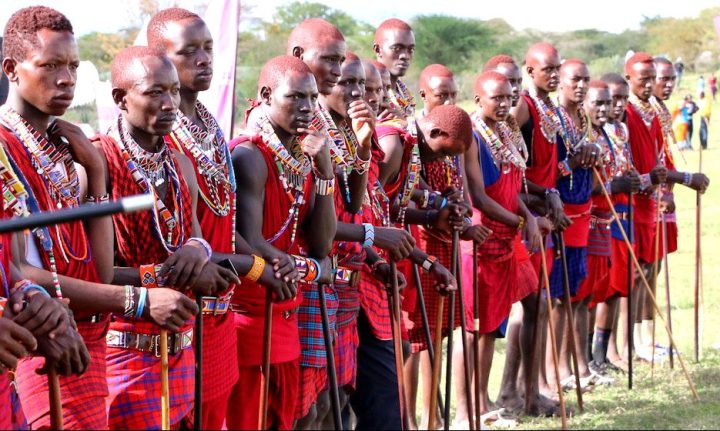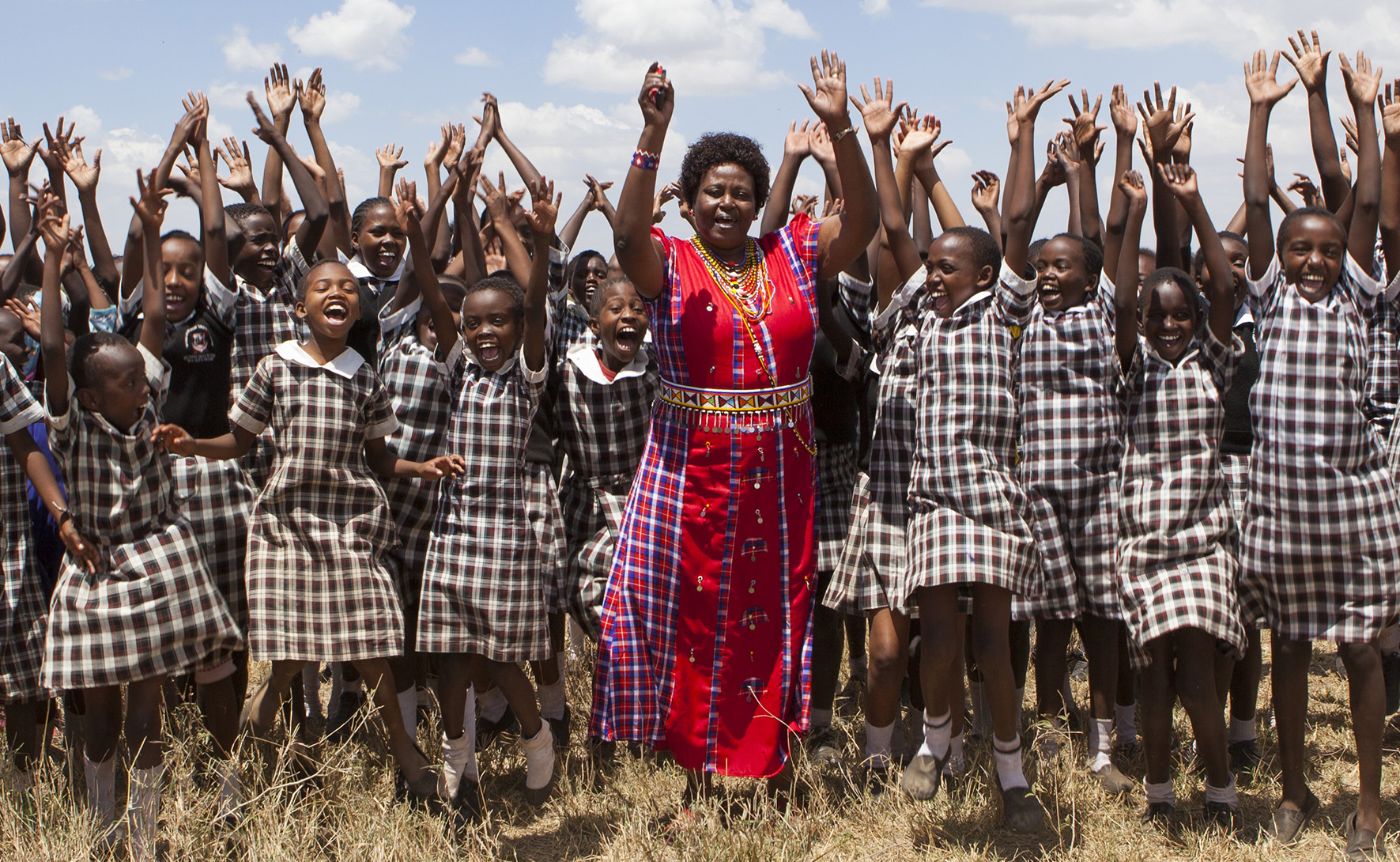FIGHT FOR BODILY AUTONOMY OP-ED
The road to ending female genital mutilation must be paved in partnership with men and boys

If boys continue to be raised in the expectation that they will marry girls who have been cut, this serves to consistently reinforce the practice. It is imperative that we strengthen partnerships with men and boys.
Many women who have endured female genital mutilation (FGM) face severe complications in childbirth.
Sister Eunice Moraa from the Congregation of Franciscan Sisters in Kenya is only too aware of the toll FGM exacts: “It is a big problem in the community I serve. We see many complications, including excessive bleeding, and uterine and vaginal prolapse (when the organs drop out of their normal position). Many women hide this for years, even when they can’t sit or walk properly.”
As if childbirth is not challenging enough, it defies belief that communities should choose to add a litany of complications to women’s reproductive lot in life, by inflicting on them a practice that is entirely unnecessary – and a downright violation of a woman’s rights.
When we committed to achieving the Sustainable Development Goals by 2030, we agreed to ending FGM, a harmful practice that continues to threaten the health and well-being of millions of girls and women today. Only seven years remain for that noble vision to be realised – and while much progress has been made, it is clear that much more needs to be done.
Over the past 20 years, FGM has declined by one-quarter in the 31 countries with national data. According to the most recent Kenya Demographic and Health Survey (2014), the national prevalence of FGM stands at 21%, compared with 27% in 2008/9 and 32% in 2003. Moreover, in countries with a high prevalence of FGM, the proportion of girls and women who oppose FGM has doubled, the data indicate.
What is disturbing, however, is that this progress is not universal. In too many countries, FGM remains as common today as it was three decades ago.
Today, as we mark the International Day of Zero Tolerance for FGM, we note and commend the hard-won successes, but we must also underline the relative failures – and remain steadfast in our refusal to give up the fight for every woman and girl to enjoy their right to bodily autonomy and good health.
Read in Daily Maverick: “How female genital mutilation costs Nigeria dearly”
As FGM is rooted in gender inequality and power imbalances, eradicating the practice requires changing the cultural and social norms that increase the risk of harm to women and engaging robustly with men in societies with high prevalence of the harmful practice. This means addressing child marriage and all other forms of violence, including physical, sexual and psychological violence occurring within families, institutions and our communities.
Visit Daily Maverick’s home page for more news, analysis and investigations
In recent years, there has been an increase in cross-border FGM, a growing trend in which girls are taken across national borders to be cut so as to avoid legal penalties at home. This is being fuelled by shared cultural beliefs among communities close to borders.
Religious leaders hold the key
In addition, strong cultural, religious and moral norms have been identified as influencing the continuation of FGM, which is seen to elevate women’s status in the community and their acceptance by men. Religious leaders, elders and other cultural gatekeepers – largely men, in this region – hold the key to the abandonment of FGM by entire communities.
Read in Daily Maverick: “Activists point to climate crisis and Covid-19 as critical factors pushing more young girls towards child marriage”
Men have a significant role to play in bringing change within the communities, as they hold sway over the direction of cultural beliefs and social norms. In addition, if boys continue to be raised in the expectation that they will marry girls who have been cut, this serves to consistently reinforce the practice. It is imperative that we strengthen partnerships with men and boys.
Undoubtedly, one of the most important allies for ending FGM in the East and southern Africa region are religious institutions. In recognition of this, UNFPA and Unicef, in partnership with the African Council of Religious Leaders – Religions for Peace (ACRL-RfP), have engaged prominent faith leaders in campaigns to end child marriage and FGM, and expanded the roll-out of the global Faith for Positive Change for Children, Families and Communities initiative.

Founder of Nanana Winbridge Education Centre, Priscilla Nangurai, with some of 58 rescued girls at the school in Kajiado, Kenya, on 1 March 2017. Nangurai, who established the centre in 2007 with her retirement money, hosts girls who have run away from home to escape female genital mutilation. She has rescued 825 girls since 1986. (Photo: EPA / Daniel Irungu)
In 2022, this initiative trained faith leaders in six countries – Ethiopia, Kenya, Malawi, South Sudan, Zambia and Zimbabwe – on using the Mind and Heart Dialogue methodology to engage faith-based communities in discussions on challenging topics, such as FGM and child marriage. This successful methodology, which uses experiential learning to challenge unbalanced power relations and structures, led to a resounding 130 senior religious leaders signing a pledge to support campaigns to end FGM and child marriage, including among cross-border communities.
The UNFPA and Unicef Joint Programme on the Elimination of FGM, launched in 2008, aims to shift social norms in affected communities, while working with governments to put in place viable national response systems. The programme will continue to promote collaboration with faith-based leaders, particularly in cross-border communities, to strengthen the faith-engagement approach to leverage the influence of these critical stakeholders to support the cause. As we continue to seek new, innovative solutions, we urge all men and boys to join us in the fight to achieve our global goal of ending FGM, for once and for all. DM/MC
Mohamed Fall is Unicef Regional Director, East and southern Africa, and Lydia Zigomo is UNFPA Regional Director, East and southern Africa.




















Comments - Please login in order to comment.